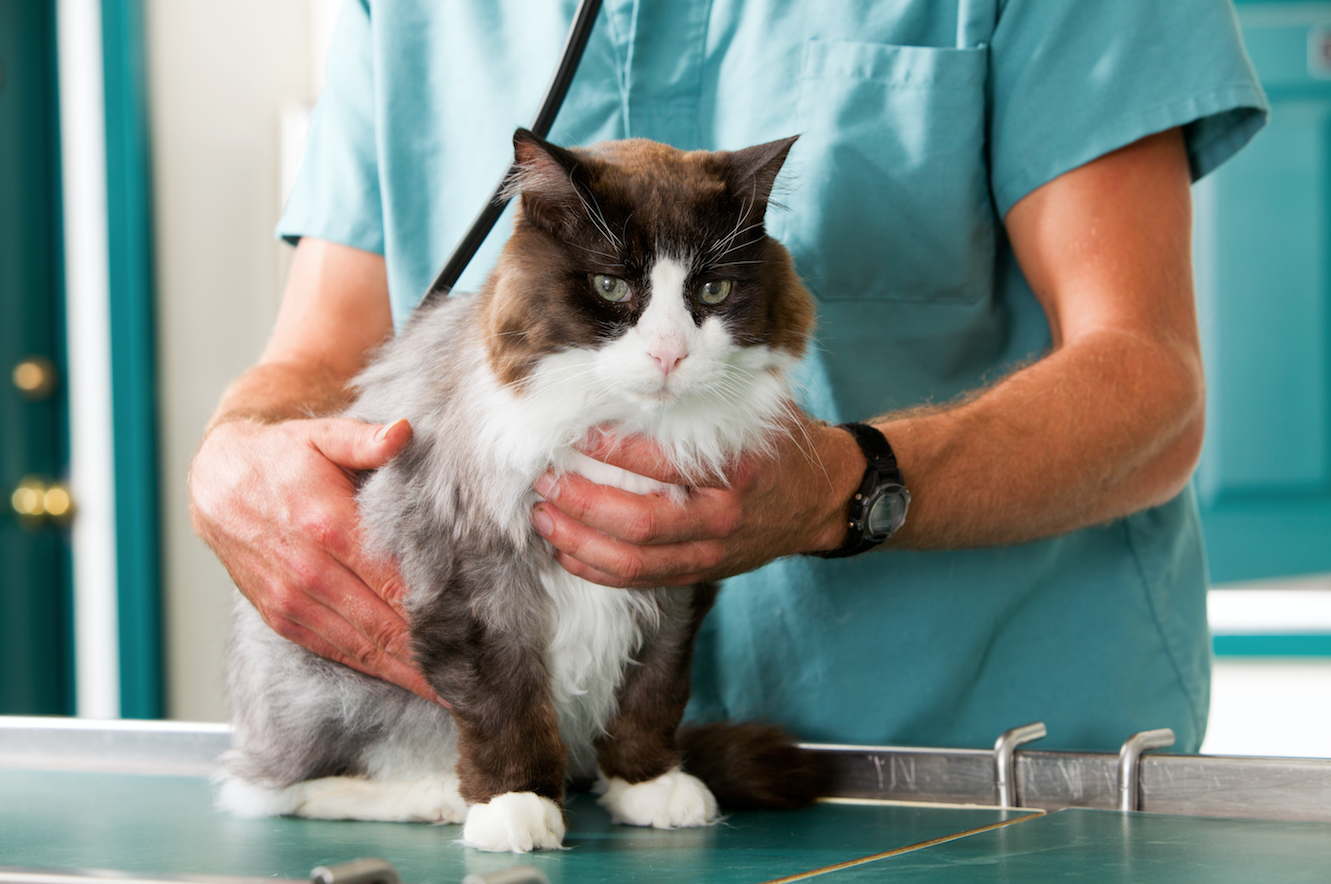Dr. Brian Harris graduated from the University of Florida, College of Veterinary Medicine in 2008. He is currently practicing at Millhopper Veterinary Medical Center.
What vaccines should my pet receive?
Vaccinations are a vital component in our pet’s wellness and preventive care plan protecting them from highly contagious and deadly diseases. Benefits from a vaccination plan include avoiding costly treatments, preventing disease transmission from pet to pet and pet to human, and preventing diseases prevalent in wildlife such as rabies and distemper. The American Animal Hospital Association, along with a task force of experts, have established guidelines for vaccines in pets. The four major vaccines include rabies virus, Da2pp (Distemper, adenovirus 2, parainfluenza and parvovirus), Bordetella bronchiseptica and Leptospirosis. Lyme vaccination (Borrelia burgdorferi) is recommended in cases where potential risk of tick challenge is higher. Canine influenza vaccine is recommended if your pet travels, goes to day care, visits dog parks, goes to a groomer or boards, as they are at higher risk of exposure. Our feline pets require a slightly different plan. Recommended vaccines include rabies, FVRCP (feline viral rhinotracheitis, calicivirus, panleukopenia) and feline leukemia virus. Your pet’s veterinarian will determine the most ideal vaccination plan based on lifestyle and risks.
How often should I bathe my pet?
We recommend bathing dogs once every two to four weeks. A gentle soap-free shampoo, such as an oatmeal shampoo, is ideal for maintenance as it is typically mild and leaves behind more oils, reducing the risk of dry, itchy skin. It is generally not recommended to use human shampoos on our pets. These shampoos tend to have a different pH, which can disrupt normal skin flora and predispose to dryness and infections.
Why does my pet eat his/her own feces? Is that a sign of something wrong?
Coprophagia, or the consuming of fecal matter, can be a normal behavior in certain dogs, such as nursing females. However, it has also been associated with behavioral conditions such as attention-seeking behavior, learned positive self-reinforcement and possibly anxiety. Dogs on a well-balanced commercial dog food are not likely to be suffering from a dietary or nutrient deficiency, making this an unlikely cause. Treatment measures typically include taste aversion dietary supplements and/or behavioral modification strategies. The most effective form of treatment is avoidance (making sure that the area is free of any fecal matter prior to allowing the pet to go outdoors). You should also leash walk until the dog defecates and immediately clean up the fecal matter. At this time the inappropriate behavior can be redirected to something positive such as having the pet sit and stay and receive a treat.
I have a cold. Is it possible that I could get my pet sick?
It is exceedingly rare for the common cold or flu to be spread from you to your pet (a process known as reverse zoonosis). There has been reports that the flu, strain H1N1, was spread to pigs and cats. This is considered a very rare phenomenon. If you are experiencing cold or flu like symptoms it is best to protect your family, friends and pets by practicing good hygiene.
The pads of my dog’s paws are cracked and peeling. What causes this and how can I prevent it?
There are numerous possible causes of foot pad cracking and peeling. Some conditions can be improved with topical application of emollients, such as Kerasolv, or applying booties to the affected paws. However, hyperkeratosis, peeling or splitting of the pads can also be a sign of a more serious underlying condition. It is recommended to have you pet evaluated by a veterinarian to determine the appropriate steps for treatment.
There is a feral cat in our neighborhood and we would like to take it in. Is anything we should know before we do?
Sometimes taking in a stray could be the best option for the well-being of the cat. If you do decide on doing this, there are a several things you should know. First, the cat should be friendly and comfortable around people. Some stray cats do not make good house pets. Prior to bringing the cat inside, an appointment should be made with your veterinarian for an evaluation as stray animals can carry a variety of transmissible diseases. An overall health assessment, including a physical exam, microchip scanning, fecal examination, Feline leukemia and Feline Immunodeficiency Virus tests, and vaccinations, should be performed.
What can we do to give our pets a healthy and long life?
The most valuable ways we can help our beloved pets are by providing a caring home and routinely visiting with their veterinarian. Our veterinary community is a wonderful resource that is always accessible to answer any questions and to help with the care of your pet. Together we can help them have a long, happy and healthy life.

